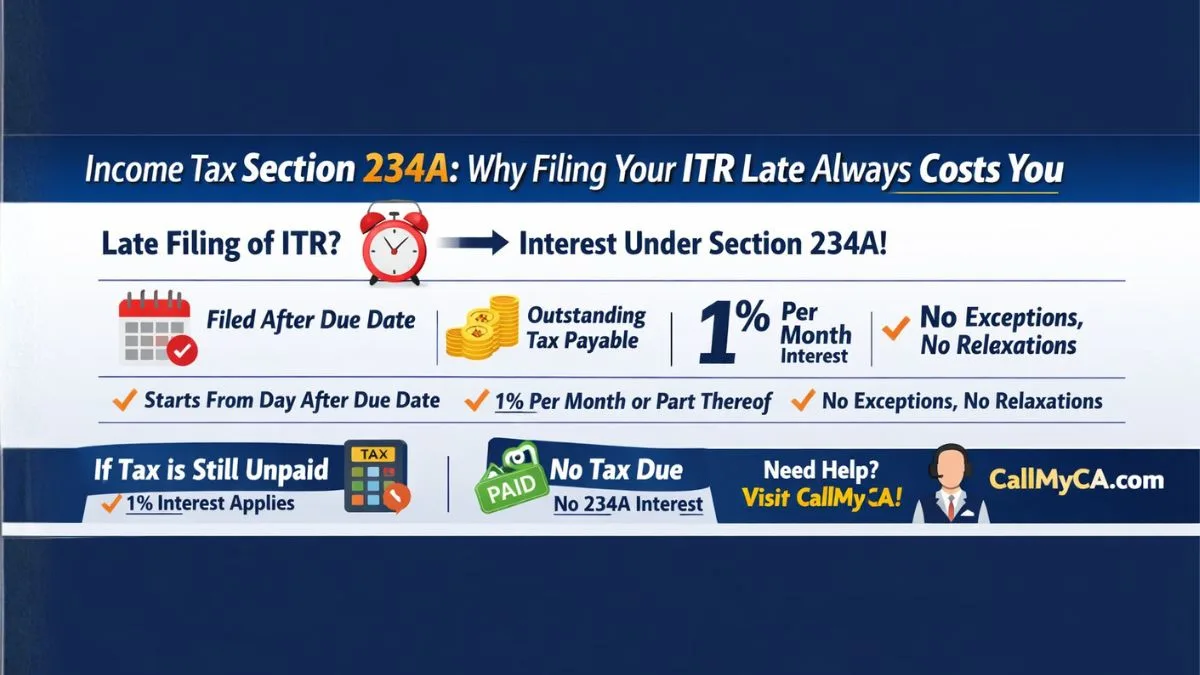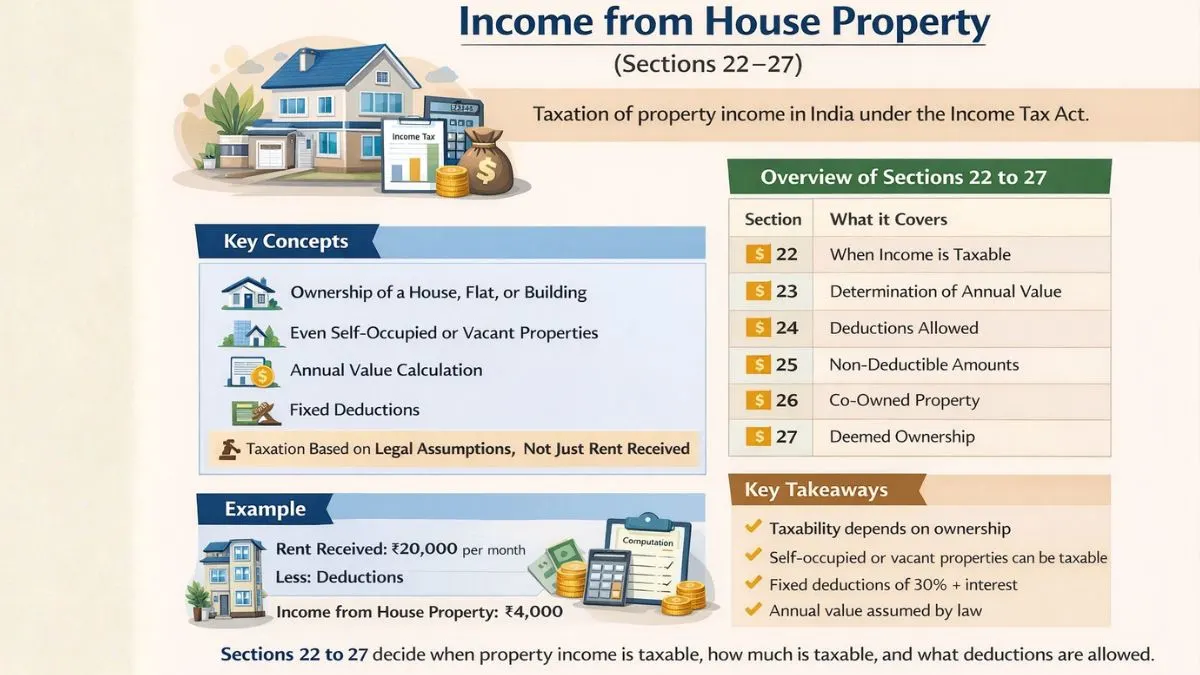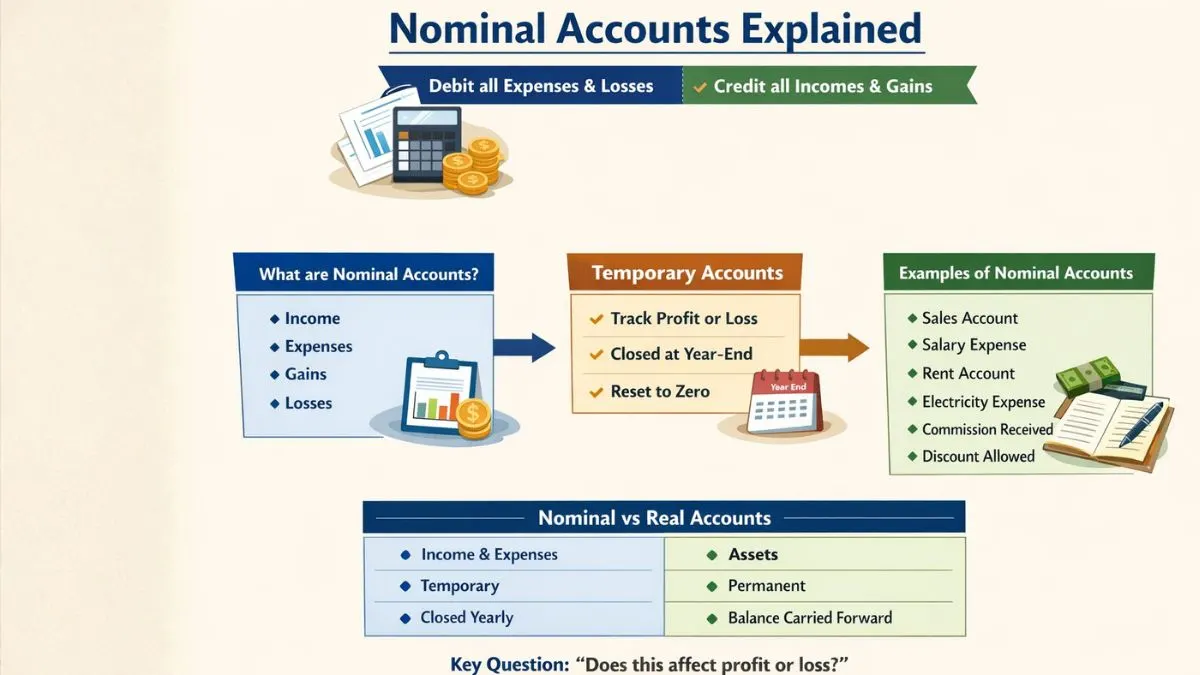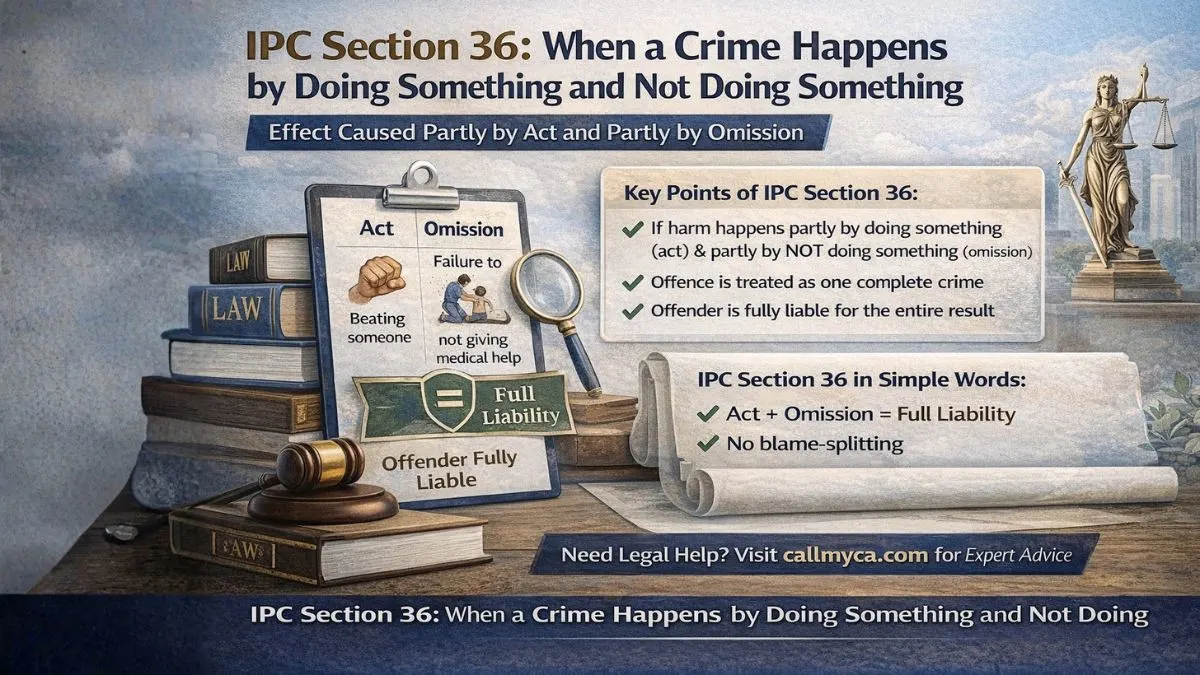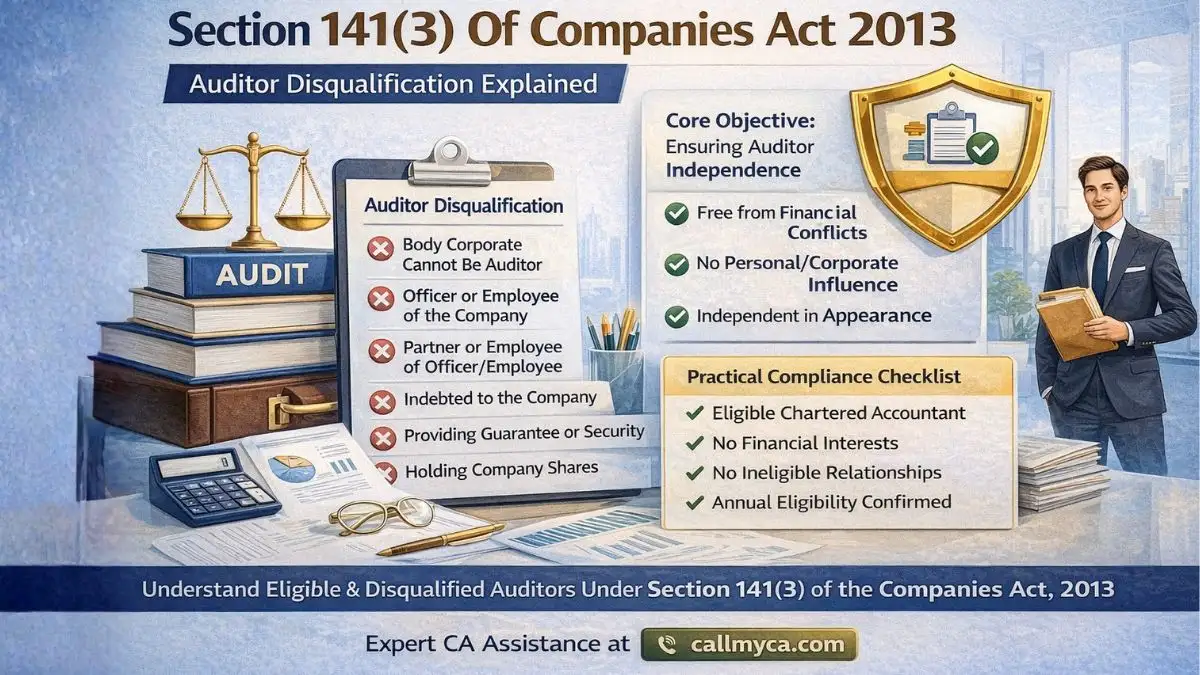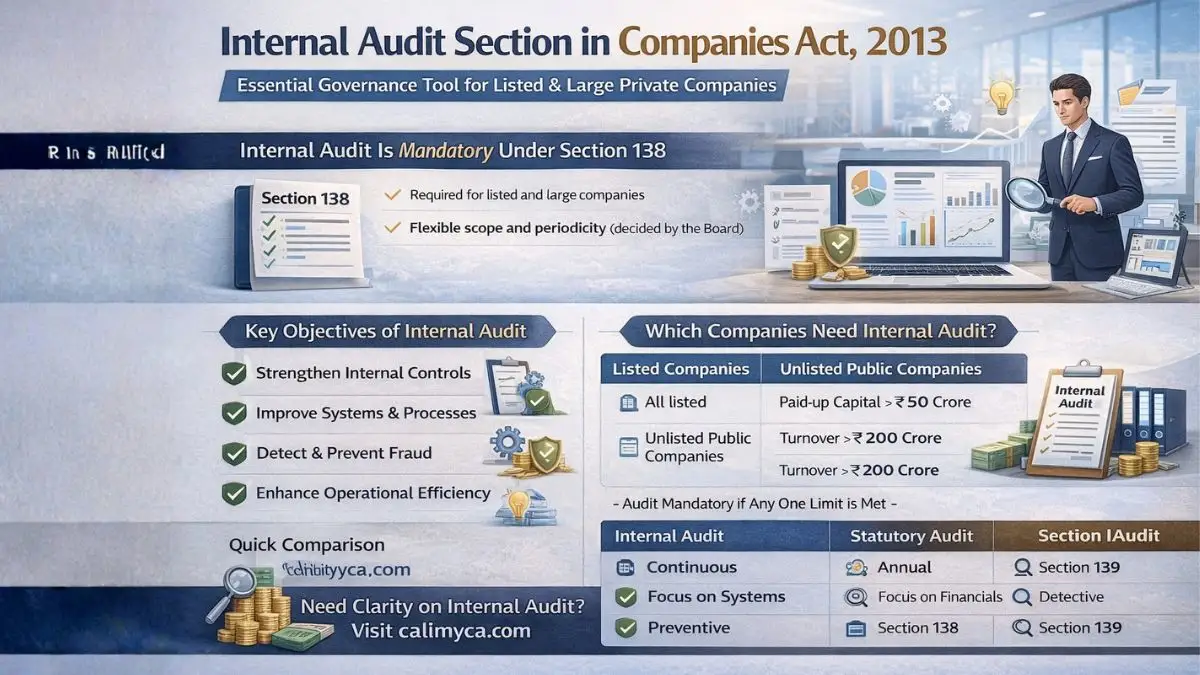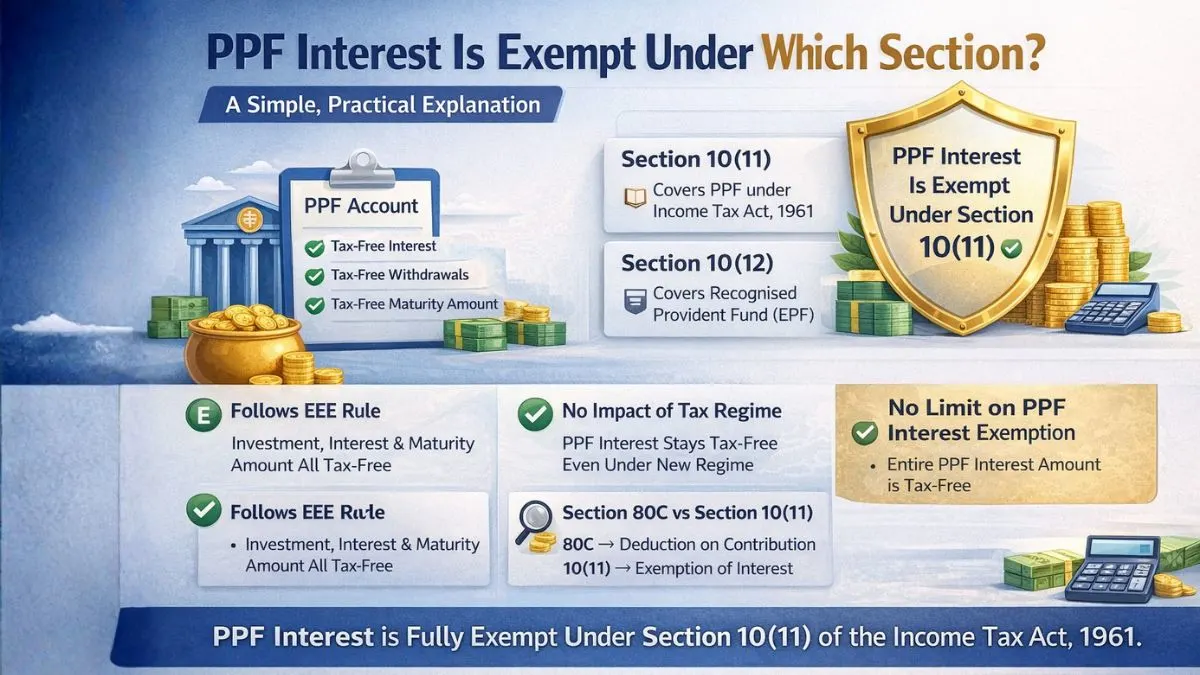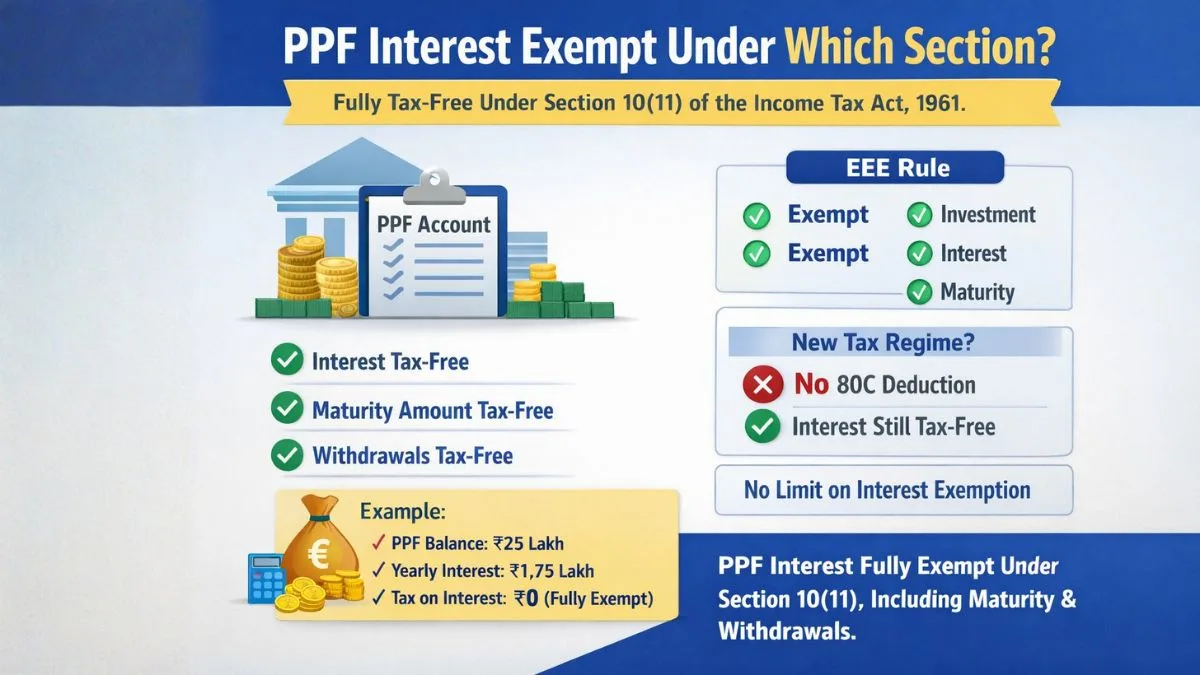
Introduction
Selling a residential house can lead to long-term capital gains (LTCG), often resulting in a high tax liability. However, Section 54 of the Income Tax Act offers a way to save this tax legally, by reinvesting the gains in another house property.
Section 54 allows full or partial exemption from LTCG tax, subject to certain conditions. It can be a powerful tax-saving provision if used properly.
What Is Section 54 of the Income Tax Act?
Section 54 provides an exemption on long-term capital gains arising from the sale of a residential house property, if:
- The capital gain is reinvested into another residential house property in India
- The seller is an individual or a Hindu Undivided Family (HUF)
- The sold property was held for more than 24 months
Conditions to Claim Section 54 Exemption
Type of Asset Sold
- Must be a long-term capital asset (residential property held for more than 2 years)
Type of Reinvestment
- Must be invested in one residential house in India
Time Limit for Purchase or Construction
- Purchase: Within 1 year before or 2 years after the date of sale
- Construction: Within 3 years from the date of sale
Holding Requirement for New Property
- The new property must be held for at least 3 years
- If sold earlier, exemption is withdrawn, and capital gains become taxable
Capital Gains Account Scheme (CGAS)
- If the purchase or construction is not completed before the ITR due date, capital gains must be deposited in CGAS with a scheduled bank
Example of Section 54 Exemption
- House sold in April 2024 for Rs. 1.2 crore
- Indexed cost of acquisition = Rs. 50 lakh
- Long-term capital gain (LTCG) = Rs. 70 lakh
- Reinvestment: Flat purchased in December 2024 for Rs. 65 lakh
Result:
- Exempt LTCG = Rs. 65 lakh
- Taxable LTCG = Rs. 5 lakh
If the entire Rs. 70 lakh had been reinvested, the full gain would be exempt.
ITR Filing and Documentation
Return Type
- Use ITR-2 or ITR-3 depending on your other income sources
Disclosure Requirements
- Report sale details in Schedule CG
- Disclose reinvestment details including purchase date, amount, and CGAS deposit (if applicable)
Documents to Keep
- Sale deed of old property
- Purchase/construction agreement of new property
- CGAS deposit receipt (if required)
Frequently Asked Questions
Can I invest in two houses under Section 54?
Yes, but only once in a lifetime, and only if capital gain is up to Rs. 2 crore (as per Budget 2019)
Is exemption available for under-construction property?
Yes, if the construction is completed within 3 years from the date of sale
Can NRIs claim exemption under Section 54?
Yes, NRIs are eligible, provided the new property is located in India
What if I sell the new property within 3 years?
The earlier exemption is revoked, and the gain becomes taxable in the year of sale
Common Mistakes to Avoid
- Not depositing capital gains in CGAS before ITR filing when investment is pending
- Buying property outside India (not eligible)
- Claiming exemption for multiple properties without meeting eligibility
- Missing the purchase or construction window
- Selling the new property too early, which cancels the exemption
Final Thoughts from a Chartered Accountant
Section 54 is more than just a tax break. It is a strategic planning tool for those reinvesting in real estate. But the conditions are strict, and even small mistakes—like delays or improper reporting—can result in losing the exemption.
To get the full benefit, be aware of timelines, investment limits, and required documentation.
Need Help Claiming Section 54 or Filing ITR with Property Sale?
At CallmyCA, we assist with:
- Accurate LTCG and indexation calculation
- Compliant reinvestment planning and execution
- Filing ITR with proper Section 54 disclosures
- Managing CGAS deposits and required documentation
Click here to book your capital gains consultation on CallmyCA

